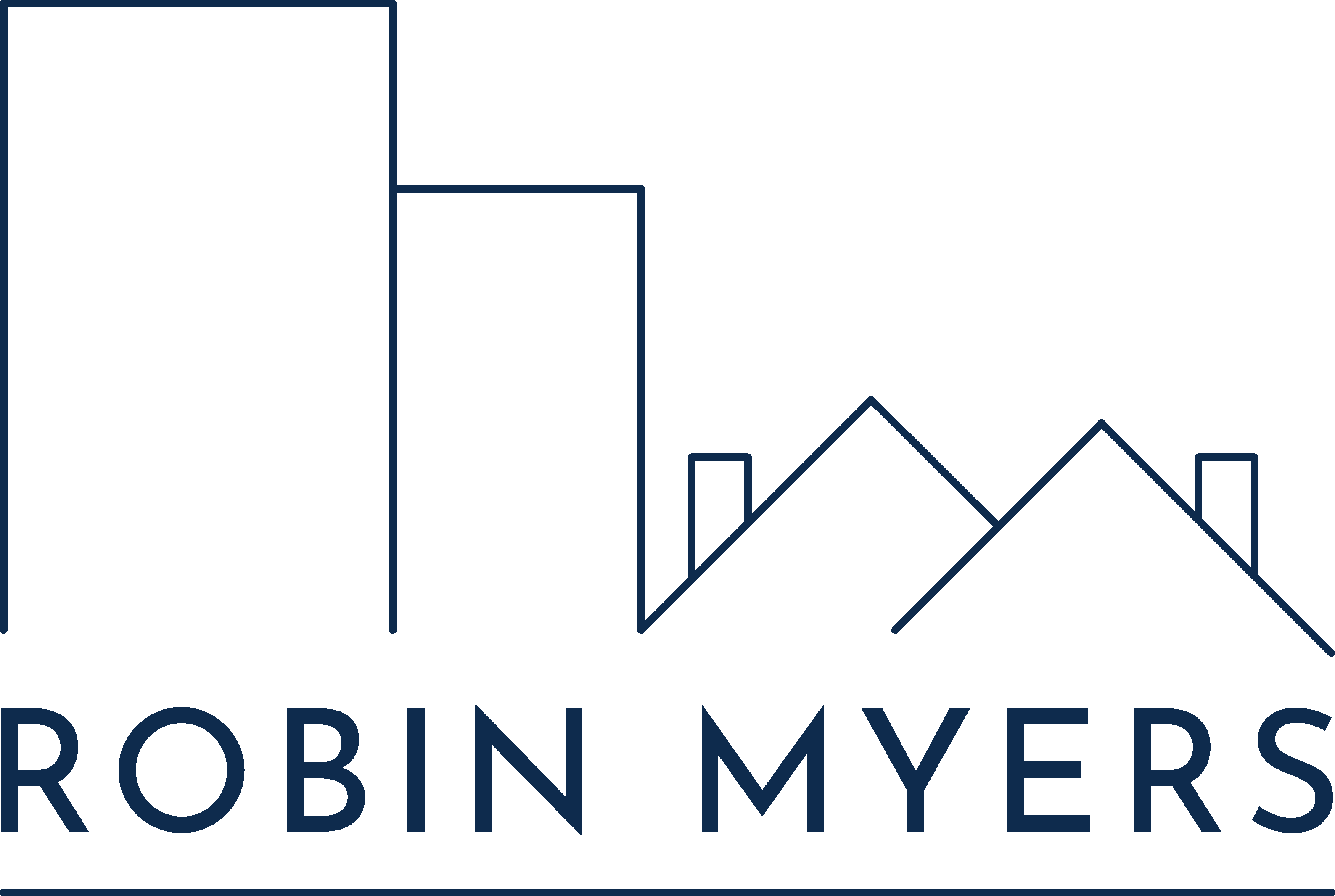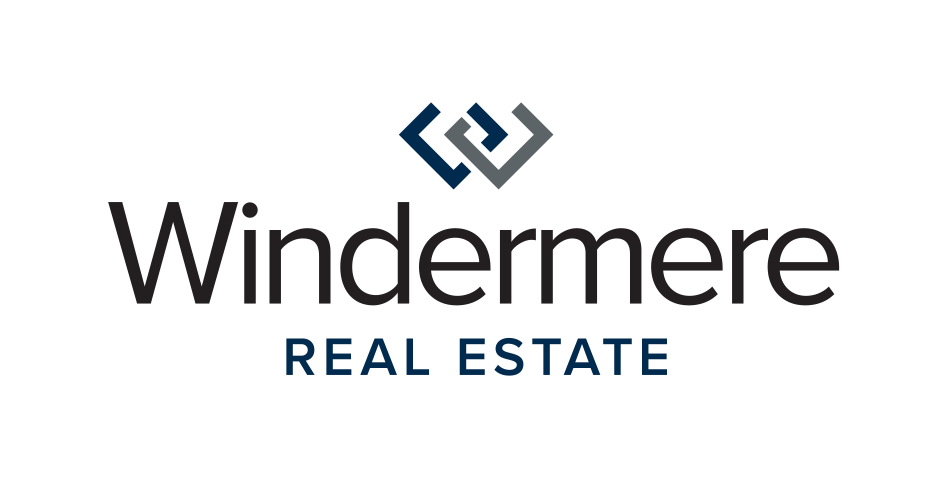 I was recently approached for an on-the-street survey conducted by a major local tech company regarding smart houses, asking if I would value "smart house" features for comfort, convenience, energy conservation and security.
I was recently approached for an on-the-street survey conducted by a major local tech company regarding smart houses, asking if I would value "smart house" features for comfort, convenience, energy conservation and security.
The growth of "smart homes" has exploded worldwide. According to a recent article in Realtor® Magazine, approximately 100 million households will be "smart" by the end of the year and that number is expected to grow to 300 million in the next ten years. Obviously tech companies are banking on this trend, as the market for products regulating home automation, appliances, energy use, security and data analytics is growing. The big question is consumer need and acceptance . . .
- will a smart home factor in a buyer's decision to purchase one home over another
- with prices still relatively high and the technology still fairly complicated, will the average homeowner embrace the technology
- is this just a passing fad, or could the technology eventually take off (solar panels took years) and demonstrate a return-on-investment
Consumers are increasingly tech savvy and showing more interest in smart home technology. While these products are growing in popularity (thermostats, alarms, cameras, auto-locking doors, etc.) and can be easily controlled from a phone or tablet, how many buyers will be more likely to buy a home if smart products are installed? Is smart home technology an upgrade the average homeowner would consider instead of making cosmetic updates? It will be interesting to see how long it takes for smart home technology to be the new norm.

 Facebook
Facebook
 X
X
 Pinterest
Pinterest
 Copy Link
Copy Link

